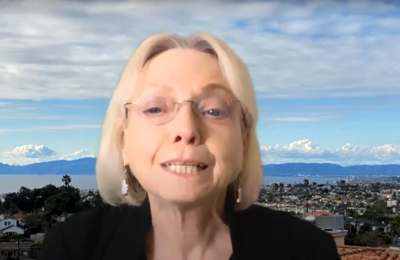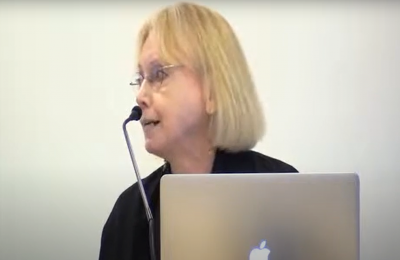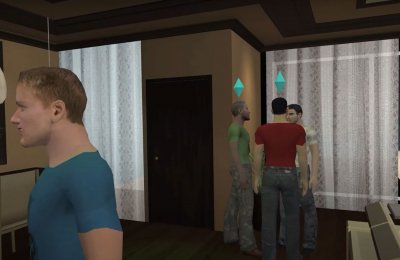
Lynn
Carol
Miller

Lynn
Carol
Miller
Tabs
Lynn C. Miller (PhD, personality psychology, UT, Austin) is a research-pioneer in developing and using a variety of technologies and techniques (e.g., virtual environments; intelligent agents, computational modeling of human construction of meaning and goal-based processes for agents in games; systematic representative design; neuroscience) to assess and change the dynamics of social cognitive and interpersonal processes, including mitigating shame, impacting health (e.g., mental health; HIV/AIDS risks) and other pro-social outcomes.
Funded (over $20M) by numerous institutes at the National Institutes of Health (i.e., NIMH; NIGMS; NIDA; NIAID), the CDC, and a wide array of agencies in the Department of Defense/DARPA; she has published over 28 edited book chapters and 80 refereed journal articles in outlets in psychology (e.g., “Psychological Inquiry,” “Psychological Review,” “Psychological Bulletin,” “Psychological Science,” “Journal of Personality and Socialy Psychology”), interdisciplinary and neuroscience (e.g., “Behavioral and brain sciences,” “Social Cognitive and Affective Neuroscience,” “Annals of Behavioral Medicine,” “Human Brain Mapping,” “NeuroImage Clinical”), health and medicine (American Journal of Public Health, AIDS and Behavior, JIAS, Psychology of Addictive Behaviors, Health Psychology), and communication (e.g., Health Communication, Human Communication Research, Computers in Human Behavior, International Journal of Communication, and others).
Past PhD students/collaborators include: Janeane Anderson (University of Tennessee), Ann Bettencourt (University of Missouri), John Christensen (University of Connecticut), Nancy Collins (UCSB), Erica Watson-Currie (Norman Lear Center), Stephanie Fishkin Dark (Kaiser Permanente), Katherine Elder (CSU, Channel Islands), Traci Gillig (Washington State University), Carlos Godoy (USC); David Jeong (Santa Clara U); Anna Kostygina (NORC), Charisse Corsbie-Massay (Syracuse University), Jennifer Monihan (University of Georgia), Mina Park (WSU), William Pedersen (CSLB), Anila Putcha Bhagavatula (CSLB), Eric Vanman (University of Queensland), and Yu Yang (ShanghaiTech University). Using such tools she is working on assessing/changing communication competence and mental health.
Awards and honors:
Recipient of the International Network on Personal Relationships’ Gerald R. Miller Early Career Award (1993)
Recipient (along with collaborators) of the Outstanding Contribution to Communication Science Award from ICA, Communication Science and Biology Interest Group (2020)
Fellow, Association for Psychological Science (2018)
Fellow, Society for Personality and Social Psychology (2017)
Fellow, Society of Experimental Social Psychology (2017)
Book Chapters
Measuring and Modeling Persons and Situations. (2021, Academic Press)
Journal Articles
“Causal Inference in Generalizable Environments: Systematic Representative Design.” (2019, Psychological Inquiry)
“Systematic Representative Designs: A Reply to Commentaries.” (2019, Psychological Inquiry)
“Are Insecure Attachment Styles Related to Risky Sexual Behavior? A Meta-Analysis.” (2020, Health Psychology)
“Virtually “in the heat of the moment”: Insula activation in safe sex negotiation among risky men.” (2018, Social Cognitive and Affective Neuroscience)
“Reducing shame in a game that predicts HIV risk reduction for young adult MSM: A randomized trial delivered nationally over the web.” (2013, Journal of the International AIDS Society)
Courses
COMM 616: Meta-Analysis in Health Communication



